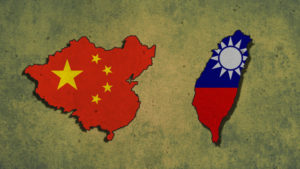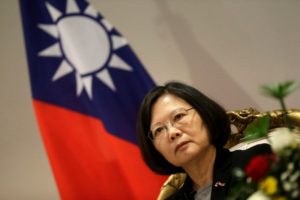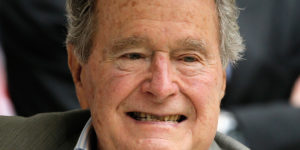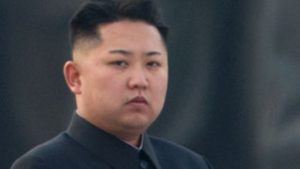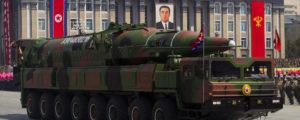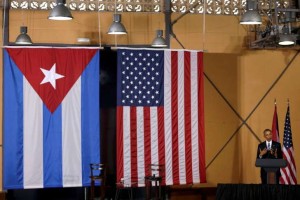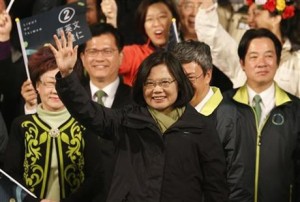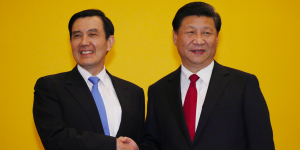I know that Donald J. Trump wouldn’t ever heed this bit of advice from little ol’ me, mainly because he likely won’t see what I’m about to say … but I’ll offer it anyway.
Cease and desist with the constant tweeting, Mr. President-elect. You’re the Big Man now and you ought to pick your battles with a lot more care and caution.
A story in the Washington Post illustrates just how much damage this fellow — Trump — can do to someone who objects to some of his policy pronouncements.
The story talks about how, when he was running for president, Trump responded to a woman who challenged whether he was fair to women. Trump tweeted that the woman was a “plant” and called her an “arrogant young woman.”
Good grief, man! She was a citizen, a potential constituent making a comment about things he had said.
Here’s the story:
Since his election, Trump has used his Twitter account with amazing result.
He told the world about how he talked with the president of Taiwan — a nation with which we have no diplomatic ties — roiling relations with the People’s Republic of China and causing potentially devastating friction between the two great nation; he called for cancellation of an order for a new Air Force One jetliner to be developed by Boeing, causing the aircraft manufacturer’s stock value to plunge; he called a union leader a “liar” after the leader challenged Trump’s assertion that he had saved more than 1,000 jobs in Indiana.
Trump, of course, defends his use of this particular social medium, saying it’s the way people communicate these days.
Uh, Mr. President-elect, you ain’t like the rest of us. You are about to possess immense power to influence global events. You are going to be the Top Dog, the Big Magilla, the Main Man. You’ll inherit a Twitter account set up for the president of the United States.
How about using it wisely? Use it with discretion. Be circumspect and careful. How about traveling along the high road at all times?
The new president ought to leave the incessant tweeting and other cheap social media banter … to shlubs like me.

